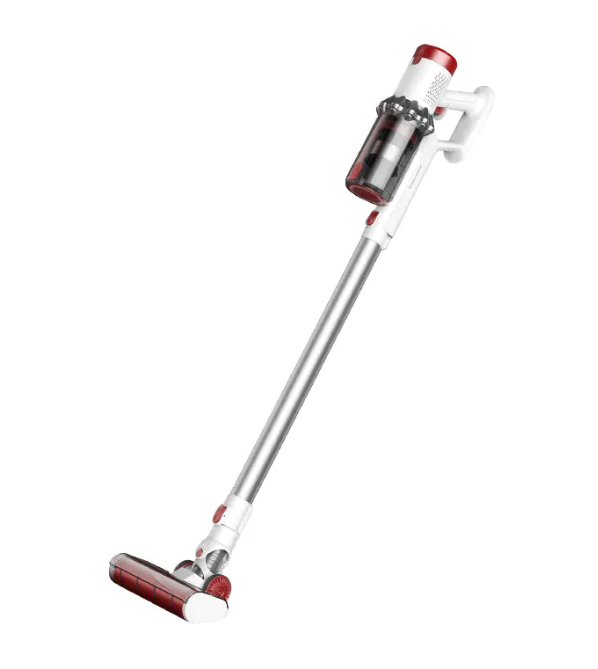Rechargeable vacuum cleaners are emerging as eco-friendly champions in the quest for more sustainable cleaning practices, offering a cleaner future for our homes and the planet. These innovative cleaning devices play a pivotal role in reducing our environmental impact and encouraging responsible cleaning habits. Here's why rechargeable vacuum cleaners are at the forefront of this sustainability revolution:
Energy Efficiency: Rechargeable vacuum cleaners are renowned for their energy efficiency. Powered by rechargeable batteries, these devices reduce the need for disposable batteries, resulting in lower energy consumption and a smaller environmental footprint.
Waste Reduction: Traditional vacuum cleaners, which rely on disposable bags and filters, contribute significantly to waste generation. In contrast, rechargeable vacuum cleaners often feature washable and reusable filters, significantly reducing the demand for single-use components and minimizing waste.
Lower Carbon Footprint: The use of rechargeable batteries in these vacuum cleaners can help reduce your carbon footprint. When charged using renewable energy sources like solar or wind power, their environmental impact is further reduced, aligning with sustainable energy practices.
Durability: Many rechargeable vacuum cleaners are built to be exceptionally durable and long-lasting. High-quality models can serve you for years, reducing the need for frequent replacements and resource consumption.
Noise Reduction: Some rechargeable vacuum cleaners are designed to be quieter than their corded counterparts, creating a more peaceful living environment and reducing noise pollution, which can have adverse effects on the environment and wildlife.
Portability: Cordless and lightweight, rechargeable vacuum cleaners provide convenience for efficient and swift cleaning. This ease of use encourages more frequent cleaning routines, promoting a cleaner and healthier living space.
Improved Air Quality: Advanced filtration systems in many rechargeable vacuum cleaners can capture even tiny dust particles and allergens, leading to improved indoor air quality. This reduces the need for chemical cleaning agents and fosters a healthier indoor environment.
Flexibility: Cordless vacuum cleaners offer the flexibility to clean hard-to-reach areas that may be challenging with corded models. This reduces the necessity for additional cleaning tools and chemical products.
Water and Energy Savings: By maintaining clean living spaces efficiently, rechargeable vacuum cleaners contribute to the reduction of excessive water and energy consumption during the cleaning process.
Innovation and Technology: As technology advances, rechargeable vacuum cleaners continue to improve in terms of battery life, suction power, and overall performance. Manufacturers are committed to research and development efforts aimed at enhancing their environmental friendliness.
In conclusion, rechargeable vacuum cleaners are leading the charge in sustainable and eco-friendly cleaning practices, emphasizing waste reduction, energy conservation, and a reduced environmental impact. As sustainability becomes a more significant concern for consumers, these devices play a pivotal role in promoting greener, cleaner, and more eco-conscious lifestyles and households.



 中文简体
中文简体 Español
Español







